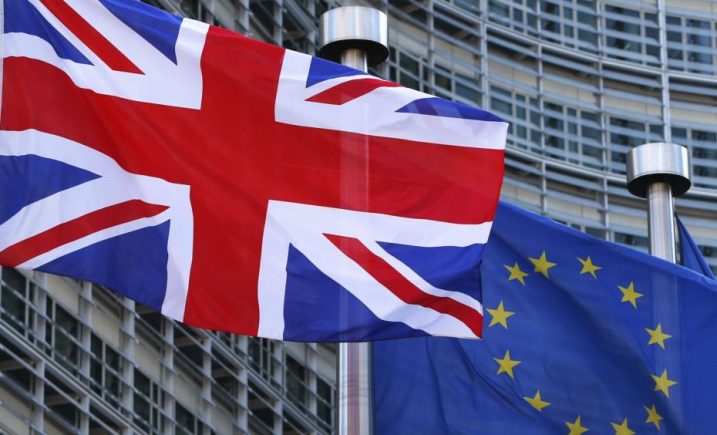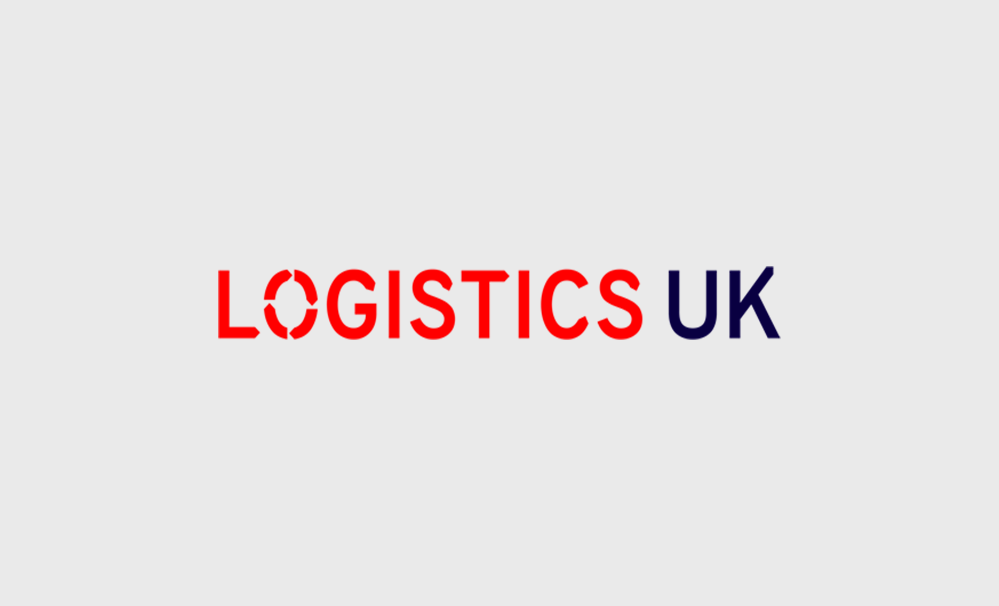The Freight Transport Association has warned the EU not to underestimate the massive challenge member states face when preparing their own borders for Brexit, along with the risk of long delays and disruption at European ferry ports.
FTA’s Deputy Chief Executive, James Hookham gave evidence to the European Parliament Committee on Transport and Tourism last week (22 November 2017), as part of a public hearing on the impact of Brexit on land transport into and out of the UK. FTA was called to share its expertise, as the UK’s largest and most influential membership association in the freight and logistics sector.
Mr Hookham advised the committee that continued trade was just as much an issue for the EU27 as it was for the UK and he warned the challenges and risks were also as great for the other EU member states: “It is important that the need to maintain successful trade relationships is recognised as an equal risk for both parties. This is not just a UK problem.”
The committee heard that an additional 300 million customs declarations will need to be made in the UK each year, compared to the 90 million declarations which are currently handled by the British customs system. Mr Hookham said each of these would be goods that originated from, or were destined for, somewhere in the EU:
“The scale of this [trade] is truly enormous and it is important that all stakeholders comprehend what we are really talking about … Some 185,000 enterprises will be required to make customs declarations and other border checks after Brexit, for the first time in the UK. Eighty per cent of the vehicles that cross the English Channel between France and England are EU-registered vehicles.”
FTA is urgently seeking clarification from the EU on three key areas that will critically affect trade after Brexit; customs arrangements and facilities, the need for vehicle quotas and the recognition of driver qualifications. Mr Hookham said immediate action is needed to develop a workable system for the ‘seamless’ transport of goods across the new UK-EU border:
“Yes, we must seek to simplify and automate procedures in the long run, but that will be something for the future. In the meantime, we must make sure that vehicles can continue to cross the border and that there is mutual recognition of driver qualifications and licences. There is a need for not just the UK government, but for the other EU27 governments to step forwardand to act.”
FTA represents nearly 17,000 members operating over 220,000 heavy goods vehicles – half the UK’s HGV fleet. Established in 1889, FTA’s members move goods by road, rail, sea and air, consign over 90 per cent of the UK freight moved by rail and 70 per cent of the nation’s sea and air freight.
The Freight Transport Association has produced a new report, “Ten Ways to Make Customs Borders Work after Brexit”. The document sets out practical, achievable steps that governments and industry can take to reduce delays at both sides of the border after Britain leaves the EU.







